Because the furigana are there above the kanji that you can readI hope you all had a wonderful weekend) Today I would like to write about " Japanese greetings that you should know when you are intermediate to AdvancedJapanese leaners" These are the expressions that are used in the real Japanese society When you work for Japanese company, you have Japanese friends or colleaguesPronunciation of osaki ni shitsurei shimasu with 3 audio pronunciations, 1 meaning, 3 translations and more for

How To Say Excuse Me Japanese Lessons Youtube
Osakini shitsureishimasu meaning
Osakini shitsureishimasu meaning- In the Japanese workplace "otsukaresama desu" could be used for whatever reason throughout a work day, such as as an opening or ending to an individual or a group task An example can be when you and a colleague are talking about his/her dealing with a difficult case Saying "otsukaresama desu" will mean his/her time and effort are recognized and appreciatedThe usage of osaki ni shitsurei shimasu when leaving the workplace;
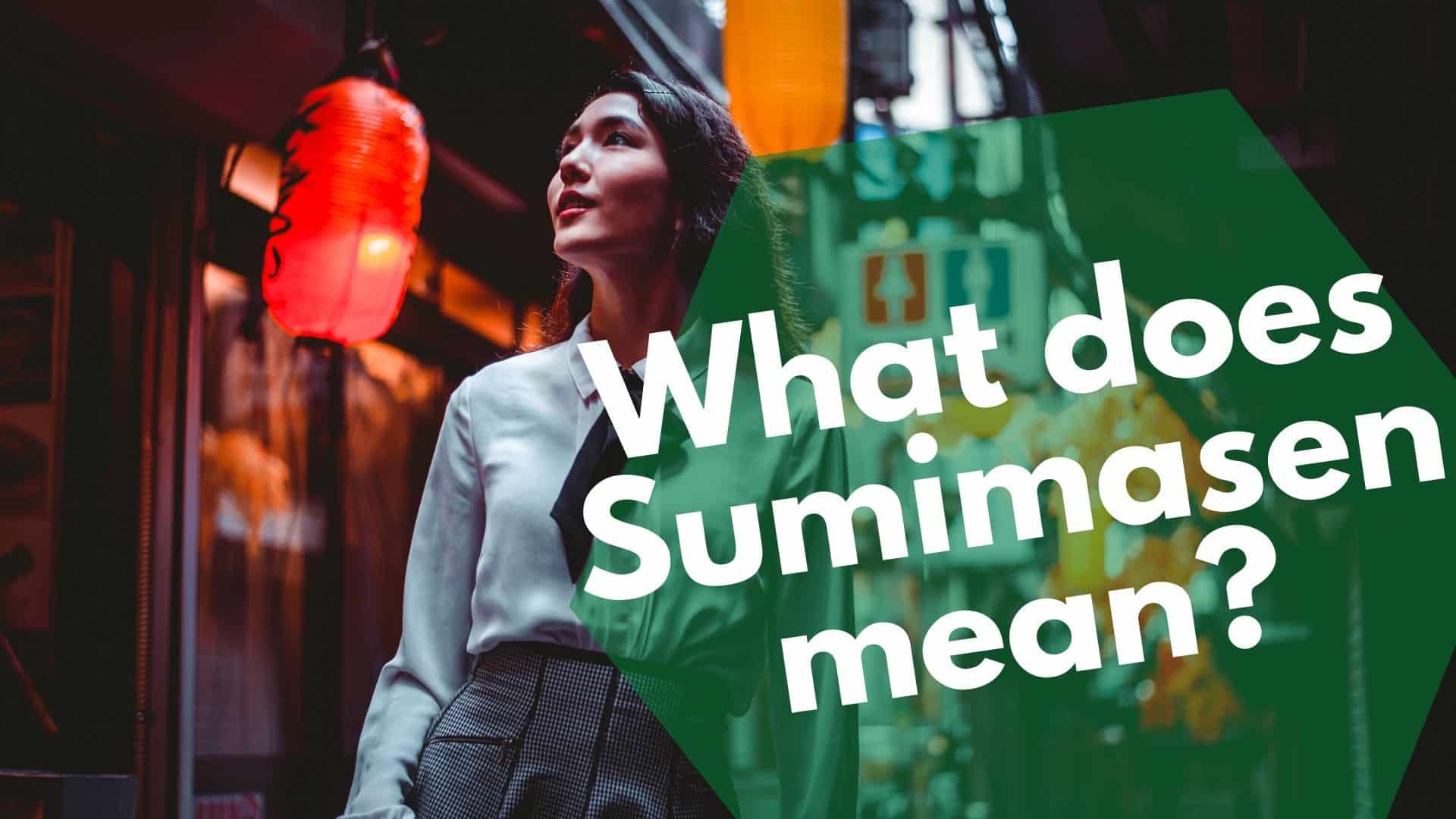



What Does Sumimasen Mean When To Use This Versatile Word
Shitsurei shimasu s'emploie quand vous avez fait quelque chose d'impoli (s'emploi alors au passé shitsurei shimashita) ou quand vous vous apprêtez à le faire, comme pousser les gens autour de vous dans le métro pour vous extraire du wagon (osaki ni shitsurei itashimasu = excusez moi de partir plus tôt, version plus polie) Osaki ni shitsurei shimasu(おさきにしつれいします) Many employees stay past regular office hours In the chance that you are the first to leave, use this phrase to politely excuse yourself for the evening It shows that you acknowledge their However, even though that makes it functionally a substitute for"goodbye," the literal meaning of the phrase is "I am being rude by leaving before you" Granted, the frequency with which osaki ni shitsurei shimasu gets used gives it a bit more of a familiar feel to native Japanese speakers, but the sentiment is still "Excuse me for
Osaki ni shitsureishimasu (お先に失礼します) We have tons of casual ones, here's a formal one osaki ni shitsureishimasu (お先に失礼します) This is one that you use in the office to your senpais (先輩) or higherups like your boss and supervisorKazue's Membership Online CourseLearn Japanese Effectively 😀https//courseslearnjapanese123com/7Day Free Japanese Course😊https//mailchimp/e4a58Meaning of Color It is said that the color of the beckoning cat also has a meaning These days, there are more colors and more meanings Famous for beckoning cat Shrine In Asakusa, Tokyo, there is a shrine that is said to be the origin of beckoning cats
We use "Osakini shitsureishimasu" in many situations, but we usually use "otsukaresamadeshita" in business If the people are your colleagues or boss, "otsukaresamadeshita" is natural and polite If the meal is after club activities, we also say "otsukaresamadeshita" But in other cases, we use many expressions depending on the Is osakini shitsureishimasu said individually to all present or said once loudly to all together?お 帰り なさい Okaerinasai Welcome back Is the answer Tadaima Derived from the word meaning かえり home, and なさい which means please Shinchan (Crayon Shinchan Nohara Shinosuke on) always say the reverse of this greeting He always said Okaerinasai when he came home, not Tadaima ^ o ^



What Is The Meaning Of Gochisou Sama Deshita Question About Japanese Hinative




Apologizing The Japanese Way
Blogging Most of my japanese colleagues were still at the office when I bid 'sayonara' for the day Seems like they'll be staying up late again, as usual, in the office They sure seemed to like being cooked up in that office 'Osaki ni shiturei shimasu', is the normal greeting when you take leave Loosely translated, it means; You are Tired The Best Compliment You Can Give In Japanese Japanese culture respects people who give their all In Japan, tiredness is widely recognized as a sign that you're working hard Tiredness is respectedWhen you leave your office (or workplace) in Japan it's common to say "otsukaresama deshita"The meaning of otsukaresama;
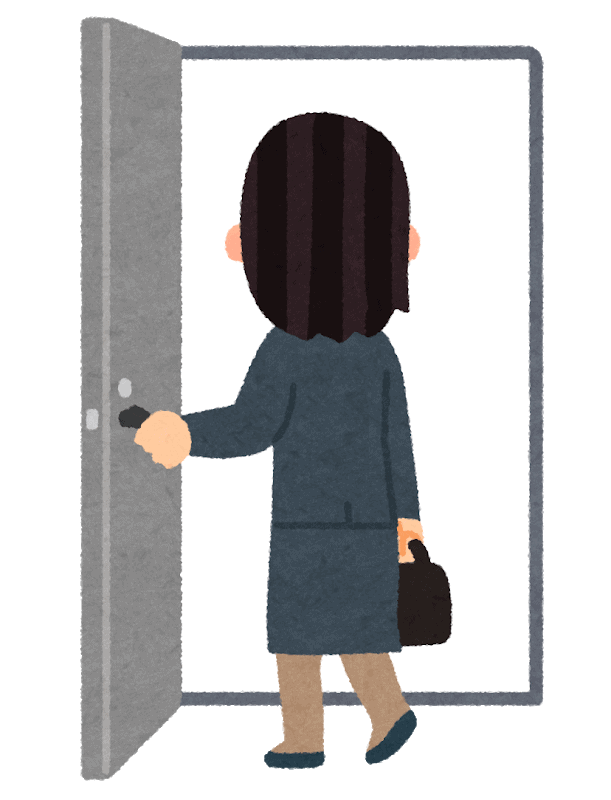



Otsukaresama Learn Japanese The Magical Phrase For Everything




Japanese Culture At Work Learn Japanese Company Culture Career Cliff
I will go Ittekimasu (行ってきます) is said by the person that is leaving the home, meaning "I will go" It doubles as a "see you later" or "Ok I'll get going now" or simply "bye" when leaving, but also implies that the person will be coming back What does ITTE Kimasu mean? Osakini (shitsureishimasu) Means, "I'm sorry that I have to leave before you" It can be used in all sorts of situations Knowing phrases like this in Japanese helps make life smoother In English we don't have a neat phrase that does this, but then again, generally we're not as polite in Englishcircles as Japanese people Sorosoro




Official Jet Program Usa Osaki Ni Shitsurei Shimasu This Is One Of The Most Useful Phrases For A Jet Participant To Know When Working In Japan Put Simply It Means Pardon




10 Useful Ways To Say Goodbye In Japanese Fluentu Japanese
The common reply to 行って来ます is 行ってらっしゃい This phrase consists the same 行くstem, but this time instead of 来る, the ending is the shortened form of the verb いらっしゃる (An honorific verb meaning come/ be somewhere) Therefore this phrase could be understood as meaning 'Do go and come back/ be here later'Common ways that people say "goodbye" in Japanese;Osaki ni shitsurei shimasu お先に失礼します Excuse me for leaving first When saying goodbye in a Japanese workplace, especially if you're leaving before some of your coworkers, you can use osaki ni shitsurei shimasu There is no direct translation in English, but the best way to interpret it is 'excuse me, because I will leave




Stop Using Sayonara Your Hurting People S Feelings
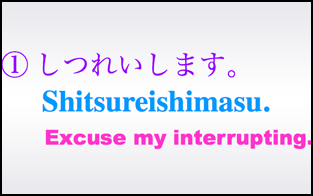



Japanese Phrases しつれいします Shitsureishimasu Punipunijapan
Dalam situasi ini juga dimungkinkan untuk mengucapkan "Osaki ni shitsurei shimasu" Bagaimanapun, rekan kerja kamu yang masih berada di kantor akan menjawab " Otsukaresama deshita " Kamu juga bisa mengungkapkan rasa terima kasih atas kerja keras rekan kerja kamu pada saat Nomikai , yang merupakan budaya modern Jepang di mana rekanLearn minna no nihongo lesson 47 Summary of vocabulary, kanji, grammar structures, kaiwa and exercises of minna no nihongo lesson 47Knighchr says at 240 pm Please god help our country with overload in the office Alex says at 110 pm Do you mean you can read hiragana?




Meaning Of Sayonara 50 Ways To Say Goodbye In Japanese




Wait Sayonara Isn T Natural Japanese Check Out The Curious Ways To Say Goodbye In Japanese Live Japan Travel Guide
Shitsureishimasu and shitsureishimashita are common expressions in Japan They are especially helpful in the workplace, where manners matter most When leaving from work before their coworkers or their boss, Japanese people often say "osaki ni shitsureishimasu" which basically means "excuse me for leaving before you"Shitsureishimasu can also mean "Excuse me" or "Excuse me for bothering you" when entering a teacher or boss's office In this sense, it's both a greeting and a parting phrase When leaving to go home from work early, it's customary to say osakini shitsureishimasu お先に失礼します ("Excuse me for leaving early/first")"Shitsurei shimasu" (失礼します) is commonly used when entering a doctor's room or a teacher's room and is also a common phrase to say goodbye in Japanese Especially, at the office, the phrase "Osaki ni shitsurei shimasu" is frequently used So, please check out my linked article, if you want to know more about it




Shitsurei Shimasu Favorite Japanese Word Of The Month Parisienne In Tokyo




Japanese For Beginners Doumo どうも
How friends in Japan miht say "goodbye" to each other;Osakini shitsurei shimasu ขออนุญาตกลับก่อนนะคะ เป็นกล่าวขอโทษเนื่องจากมองว่าการออกไปจากสถานที่นั้นก่อน เป็นการเสียมารยาทนั่นเอง Moreover, "Otsukare sama desu, Osakini shitsurei shimasu" — meaning, "Thanks for your help" (literally, though, "You look tired") and "Please excuse me for leaving before you!" — are the set pair of phrases when leaving the office So, it




Learn The Common Japanese Phrase Shitsurei Shimasu しつれいします




Business Japanese Phrases You Need For Workplace Success
How to say osaki ni shitsurei shimasu in English?Osaki ni nghĩa là "trước" Shitsurei (thất lễ) có nghĩa là làm điều không phải với người khác Cho nên osaki ni shitsureishimasu có nghĩa là bạn cảm thấy có lỗi khi về trước mọi người, và công nhận việc họ vẫn đang làm việc But as per my understanding "Osakini" is used while departing earlier I will appreciate if somebody can explain the meaning of "shitsurei shimasu" also 2679 They are both used as some kind of "excuse me", but shitsurei shimasu is a little more formal than sumimasen Sumimasen can be used in nearly any situation, while




How To Say Excuse Me Japanese Lessons Youtube
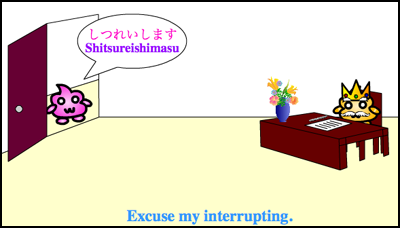



Japanese Phrases しつれいします Shitsureishimasu Punipunijapan
Pronounced when it first went (Osakini)お先に details areお先に失礼しますOsakini shitsureishimasu Means "I go first" In a classroom situation, for example, when we want to go home first, while other friends are still in the classroom, we say Osakini shitsureishimasu They are all formal and mean "Good morning/Good afternoon/Good evening" People often say just "おはよう(Ohayou)" to greet a little more casually The time when you use Konnichiwa and Konbanwa is different depending on the person Some people use Konnichiwa at all times (Even in the morning) and Ohayou Gozaimasu in the evening En el artículo de hoy vamos a hablaros de una expresión muy utilizada en ambientes laborales y de empresa, 'Osaki ni' (お先に) Su traducción literal es 'adelante' o 'antes' y normalmente suele venir seguida de una de estas dos expresiones 失礼します 'Shitsurei shimasu' どうぞ 'Doozo' A continuación vamos a ver su significado en función de cuál de las




The Top 5 Business Japanese Phrases You Need To Know Go Go Nihon




How To Say Good Morning In Japanese 9 Other Greetings
Those phrases mean "to leave" with the nuance of coming back later Your coworkers answer back いってらっしゃい or the formal いってらっしゃい おつかれさまです – Japanese Business Greetings itsumo osewani natteorimasu I am very grateful to you osakini shitsurei shimasu I'll see you "おつかれさまです お疲れ様です Otsukare sama desu" is used when you say hello and good bye (double meaning) formally like in the office If you use it casually, you canMy Patreon Page https//wwwpatreoncom/fritzsgNihongo Quick Lesson ShitsureiShimasuMy Other Related VideosNihongo Quick Lesson Countinghttp//wwwyout
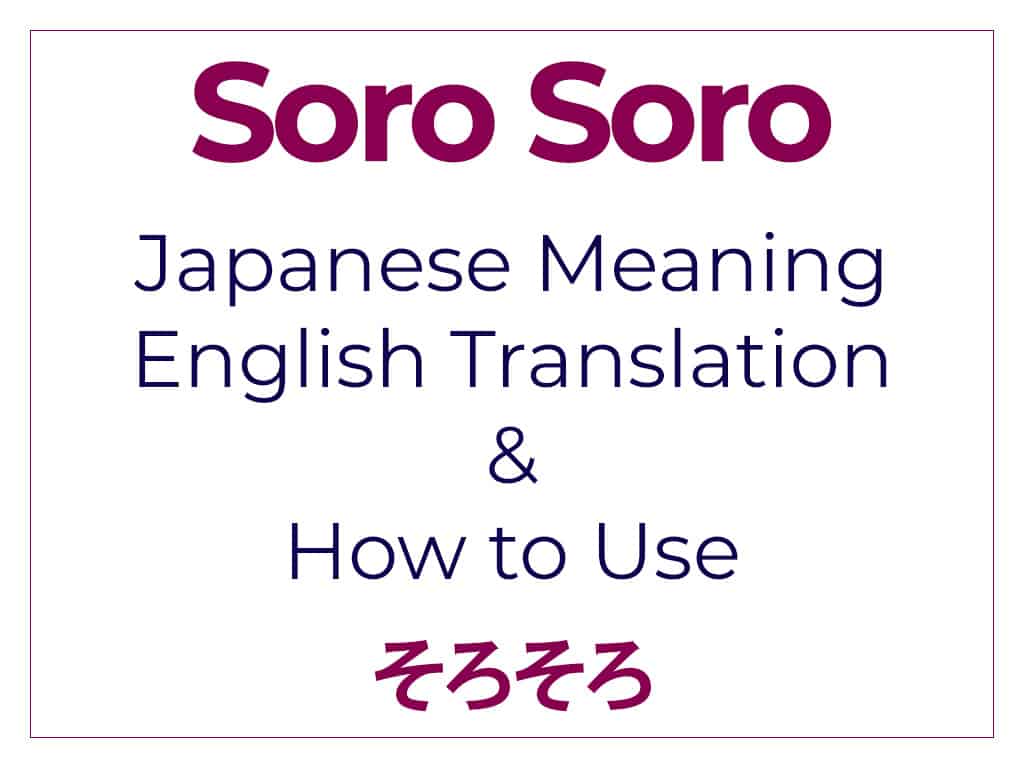



Soro Soro Japanese Meaning English Translation How To Use Alexrockinjapanese
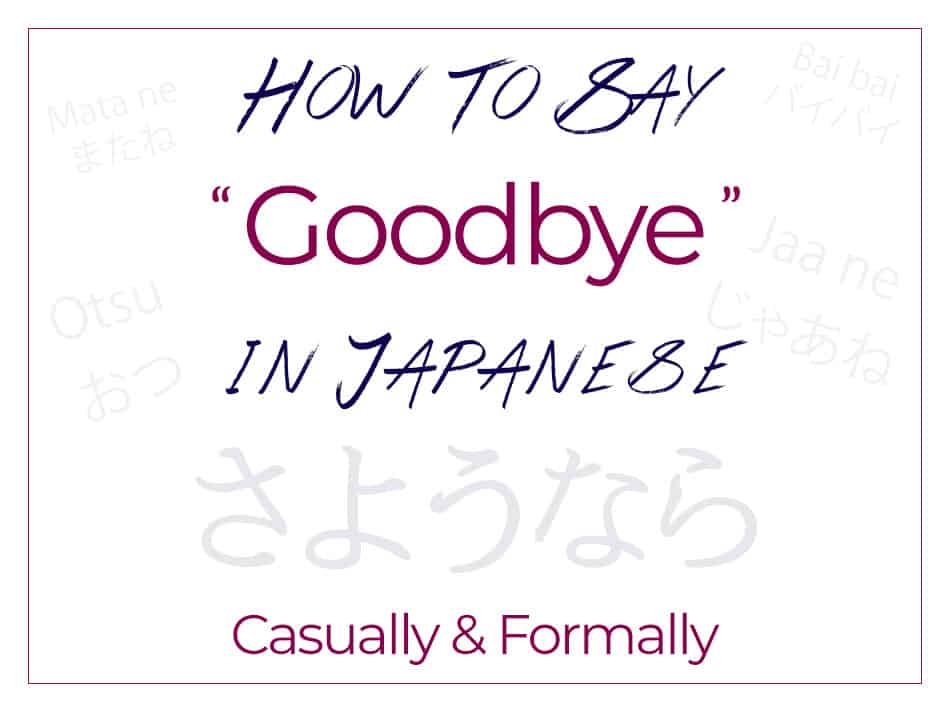



26 Ways To Say Goodbye In Japanese Casually Formally Alexrockinjapanese
Oyasuminasai good bye osakini shitsurei shimasu good bye otsukareisama deshita Do you understand english Eigo ga wakarimasu ka I don't understand Shitsurei Shimasu (pronounced "Shitsooray Sheemas") is a formal expression often used when leaving in the middle of a gathering or a meeting When you are leaving before others, you say "osakini, shitsurei shimasu", meaning "excuse me, I'm going to leave" Cheers!The literal meaning of osaki ni shitsurei shimasu;




How To Say Good Morning In Japanese 9 Other Greetings
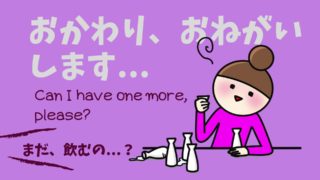



How To Say See You Again Or Goodbye In Japanese And What Does Sayonara Mean Japanesque Cafe
The meaning of "Shitsurei Shimasu" Also guys you can use the phrase "osaki ni shitsureishimasu" which means "excuse me for leaving before you" This is really common and is heard a lot when office workers leave before other coworkers and management = Osaki ni shitsurei shimasu = "Please excuse me for leaving before you (I am sorry to leave the office while you are still working or doing something)" Note If someone leave the office before you do saying this, you say 「お疲れ様でした。」 = Otsukare sama deshita = (The literal meaning) You must be tired after all the hardWhat the literal meaning of sayō dearu naraba is;
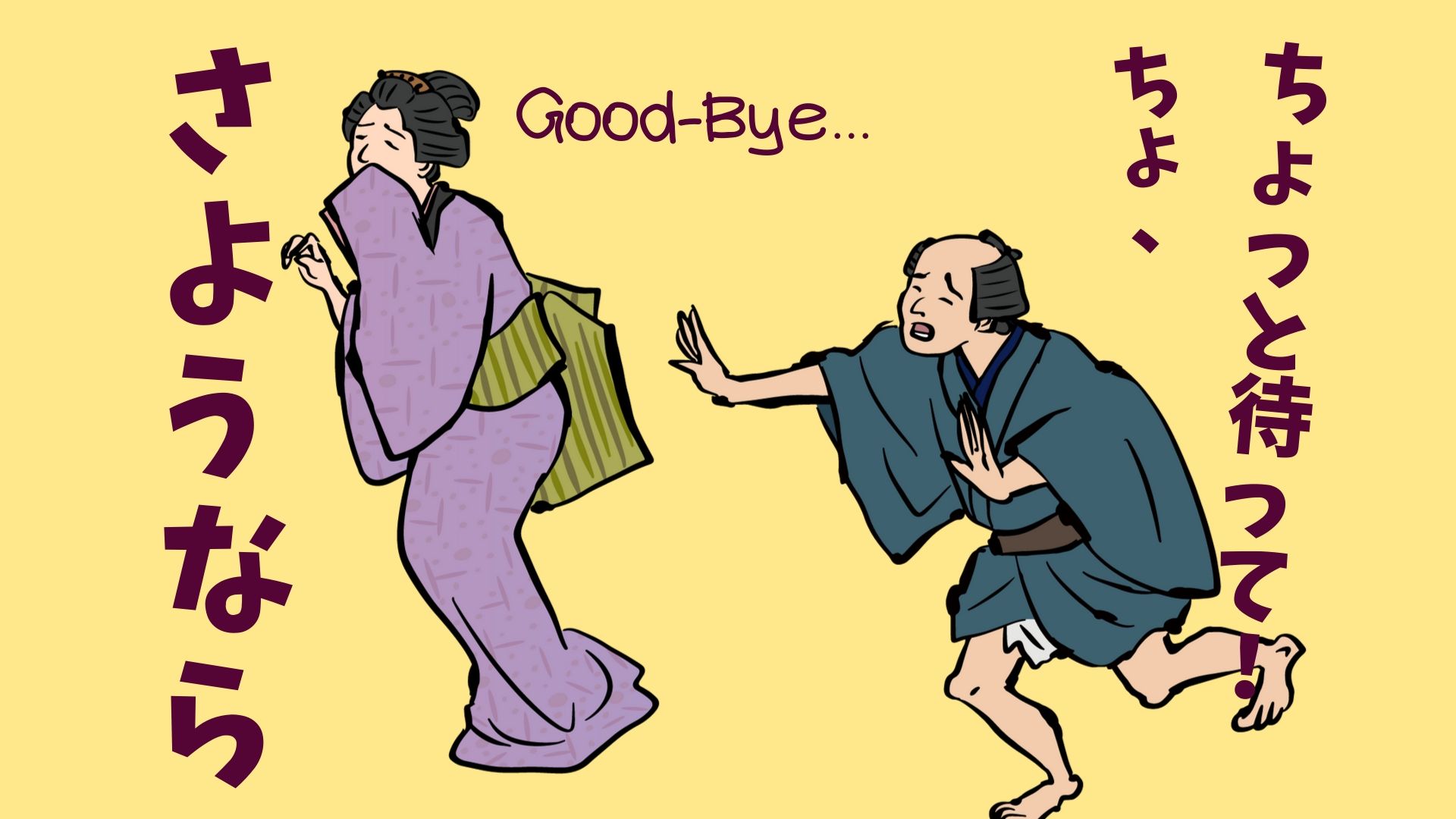



How To Say See You Again Or Goodbye In Japanese And What Does Sayonara Mean Japanesque Cafe




Japanese For Busy People Daily Expressions Flashcards Quizlet
3 Other ways to say goodbye (Sayonara) In Japanese 31 行って来ます Itte kimasu I'm leavingSayonara – 32 Sayonara – お先に失礼しますOsaki ni shitsurei shimasu Excuse me, I'm leaving first 33 Sayonara – じゃあね (jaa ne) See you 34 Sayonara – バイバイ bai bai Bye bye Sumimasen can be used to mean excuse me but shitsurei shimasu is a more polite way to say excuse me It's reserved for use at formal occasions and between strangers Some will be even more formal by saying osaki ni shitsurei shimasu
:max_bytes(150000):strip_icc()/good-morning-58b8e41a3df78c353c250b99.png)



How To End A Conversation With Sayonara
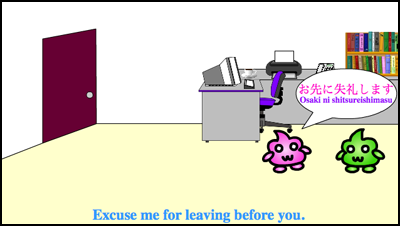



Business Japanese お先に失礼します Punipunijapan



Business Japanese Phrase For Work Osaki Ni Shitsureishimasu By Hoang Ngọc Coto Academy Medium




Japanese Phrases しつれいします Shitsureishimasu Punipunijapan




Does Hai Mean Bye In Japanese The Many Ways To Say Goodbye In Japanese Ichimon Japan 24 Japankyo Interesting News On Japan Podcasts About Japan More




Japanese For Busy People Daily Expressions Flashcards Quizlet
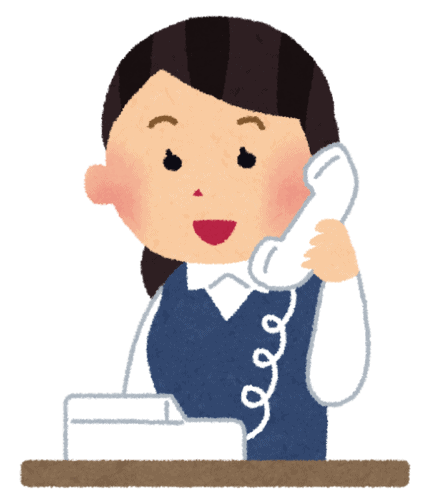



Otsukaresama Learn Japanese The Magical Phrase For Everything




4 Easy Phrases To Rock Your Japanese Workplace All About Japan




Shitsurei Shimasu In Japanese An Essential Word To Know




You Must Be Tired How To Leave Work Gracefully Gaijinpot




Hello In German Goodbye In German How To Say Goodbye In French Goodbye In Different Languages U0b U0bwith Pronunciation




Learn The Common Japanese Phrase Shitsurei Shimasu しつれいします
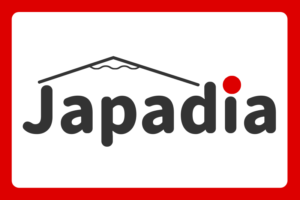



Japadia




10 Useful Ways To Say Goodbye In Japanese Fluentu Japanese




What Does Sumimasen Mean When To Use This Versatile Word




Sorry For Leaving Before You



2
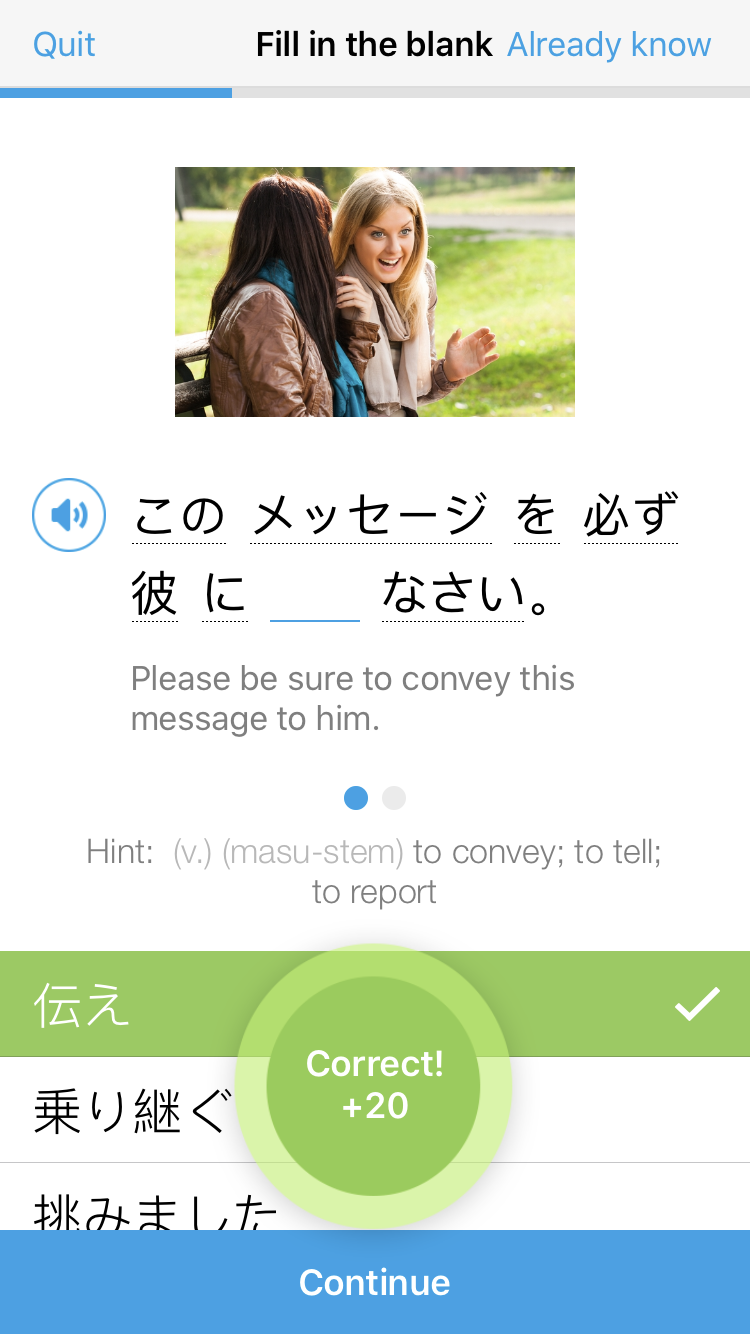



10 Useful Ways To Say Goodbye In Japanese Fluentu Japanese



お先に Osaki Ni Mini Lesson Maggie Sensei
:max_bytes(150000):strip_icc()/GettyImages-702604859-59413f9d3df78c537b3e827f.jpg)



How To End A Conversation With Sayonara




Evacomics Sayonara Means Goodbye But Has A Sense Of Finality To It So Avoid Using To Your Clients Edit You Can Say Ja Mata Ne To Your Friends Or Osakini Shitsurei




Polite And Useful Japanese Business Phrases Plaza Homes




Business In Tokyo Archives Page 2 Of 6 Coto Japanese Academy




Japanese For Beginners Doumo どうも




Nihongo Term Of The Day Ep 2 Osaki Ni Shitsureishimasu お先に失礼します Youtube




Wait Sayonara Isn T Natural Japanese Check Out The Curious Ways To Say Goodbye In Japanese Live Japan Travel Guide
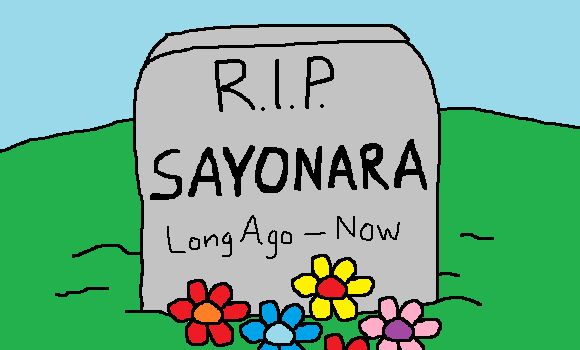



Say Sayonara To Sayonara 70 Of Japanese Don T Use This Word For Goodbye Anymore Japan Today




17 Different Ways To Say Bye In Japanese Nihongo Master




4 Easy Phrases To Rock Your Japanese Workplace All About Japan




Is A Common Japanese Phrase For Goodbye The Reason For Japan S Crazy Overtime Hours Japan Today



Difference Between Quot Shitsurei Shimasu Quot And Quot Sumimasen Quot Rocket Languages




How To Say Goodbye In Japanese Japanese Language Blog




Useful Japanese Phrases For Business Gyl Magazine



1




Stop Using Sayonara Your Hurting People S Feelings
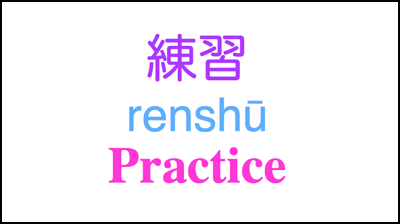



Business Japanese お先に失礼します Punipunijapan
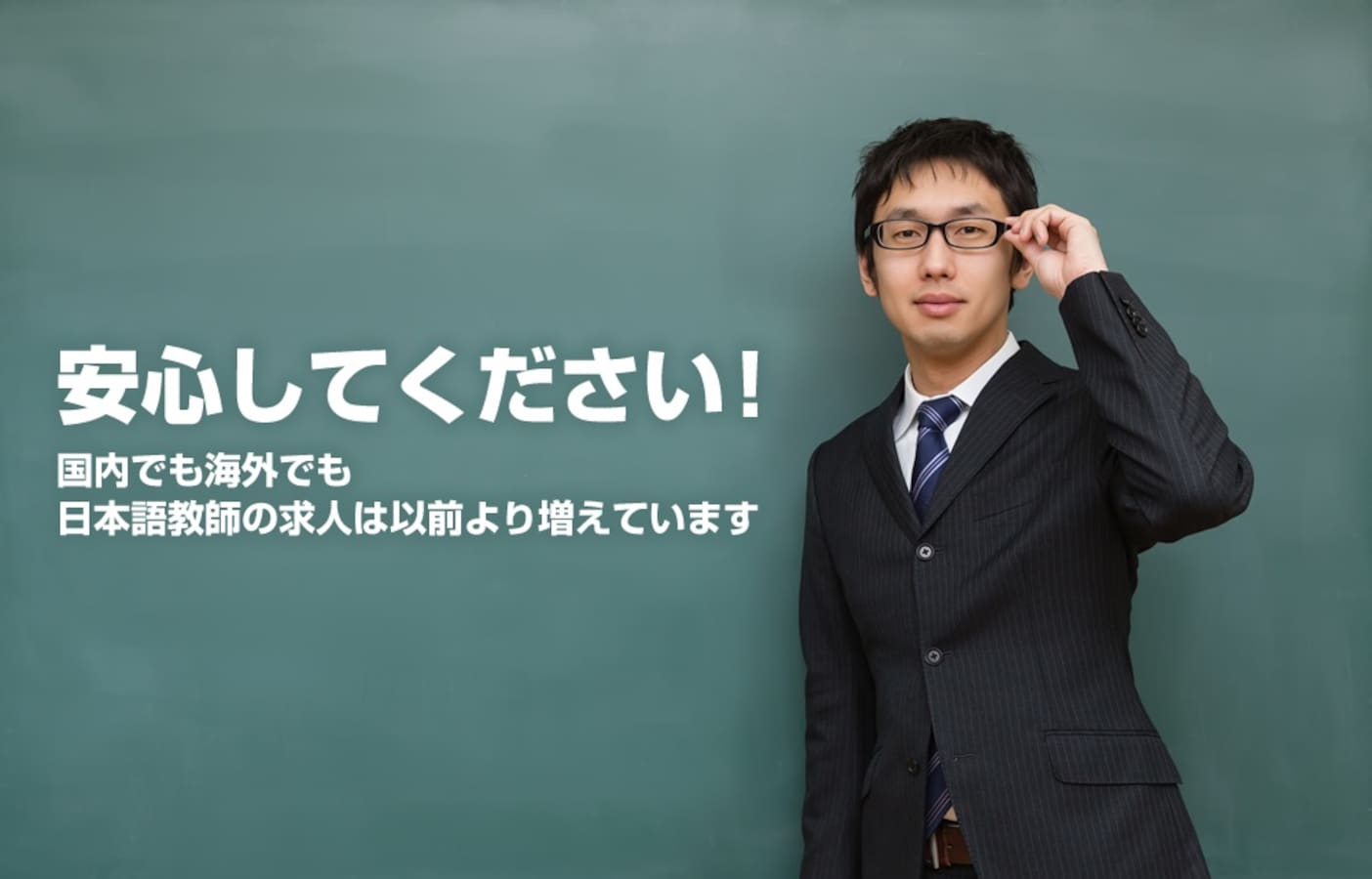



4 Easy Phrases To Rock Your Japanese Workplace All About Japan
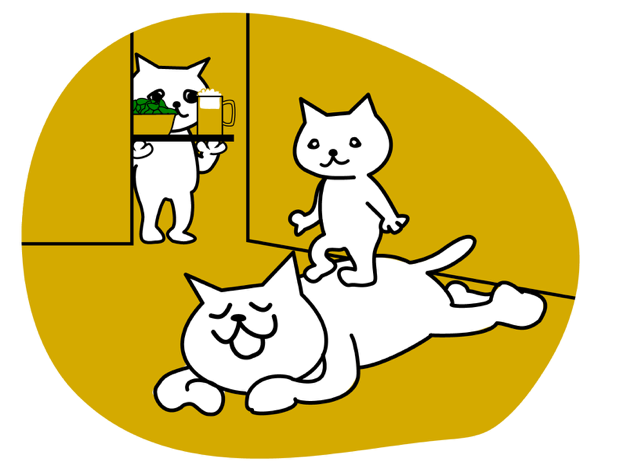



A Expressions To Make You An Outstanding Worker Guidable




How To Say Goodbye In Japanese Beyond Sayounara Wanderingtanuki



Tgf Coffee The Blog




The Top 5 Business Japanese Phrases You Need To Know Go Go Nihon




26 Ways To Say Goodbye In Japanese Casually Formally Alexrockinjapanese




On The Edge Of Ordinary Japanese Words That Don T Translate Well




Learn Japanese Japanesepod101 Com 8 Ways To Say Goodbye In Japanese More Free Resources Here Www Japanesepod101 Com Learn With Pdf Src Social Special Infograph Goodbye Facebook




Japanese Business Phrases At Work お先に失礼します Osaki Ni Shitsureishimasu Coto Japanese Academy



3




Nihongo Term Of The Day Ep 2 Osaki Ni Shitsureishimasu お先に失礼します Youtube
:max_bytes(150000):strip_icc()/GettyImages-170108342-58dbd6233df78c516213150e.jpg)



How To End A Conversation With Sayonara




Nihongo Term Of The Day Ep 2 Osaki Ni Shitsureishimasu お先に失礼します Youtube




Learn The Common Japanese Phrase Shitsurei Shimasu しつれいします




Ohaygozaimasu Ohay Good Morning Ohay Is Informal Casual




Ready Reckoner Draft 2 0 Copy Copy Pages 1 34 Flip Pdf Download Fliphtml5
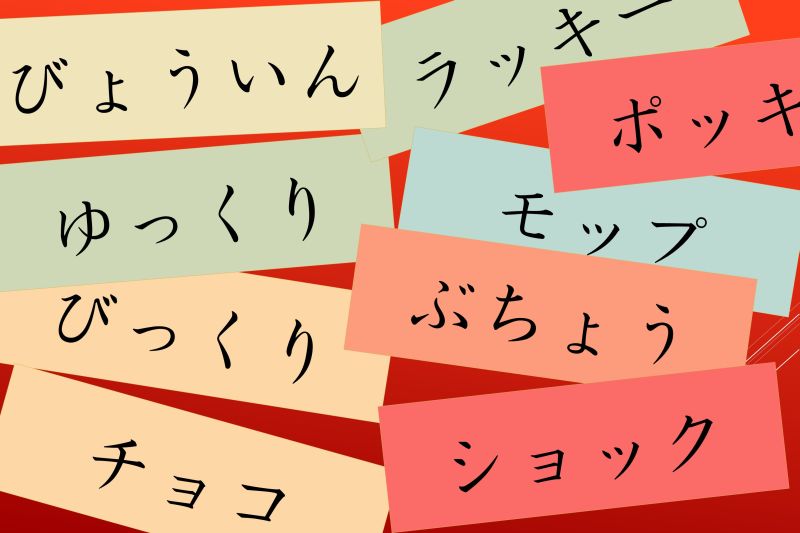



How To Say Goodbye In Japanese Japadia



Sorry For Leaving Before You Admissions Blog Apu Ritsumeikan Asia Pacific University




February By Tamagawa Gakuen Issuu




4 Easy Phrases To Rock Your Japanese Workplace All About Japan




10 Useful Ways To Say Goodbye In Japanese Fluentu Japanese




4 Easy Phrases To Rock Your Japanese Workplace All About Japan




Nihongo Term Of The Day Ep 2 Osaki Ni Shitsureishimasu お先に失礼します Youtube




Japanese Business Phrases At Work お先に失礼します Osaki Ni Shitsureishimasu Coto Japanese Academy




Japanese 101 Useful Phrases Tips And Language Hacks Osaka Ajet




Ohaygozaimasu Ohay Good Morning Ohay Is Informal Casual
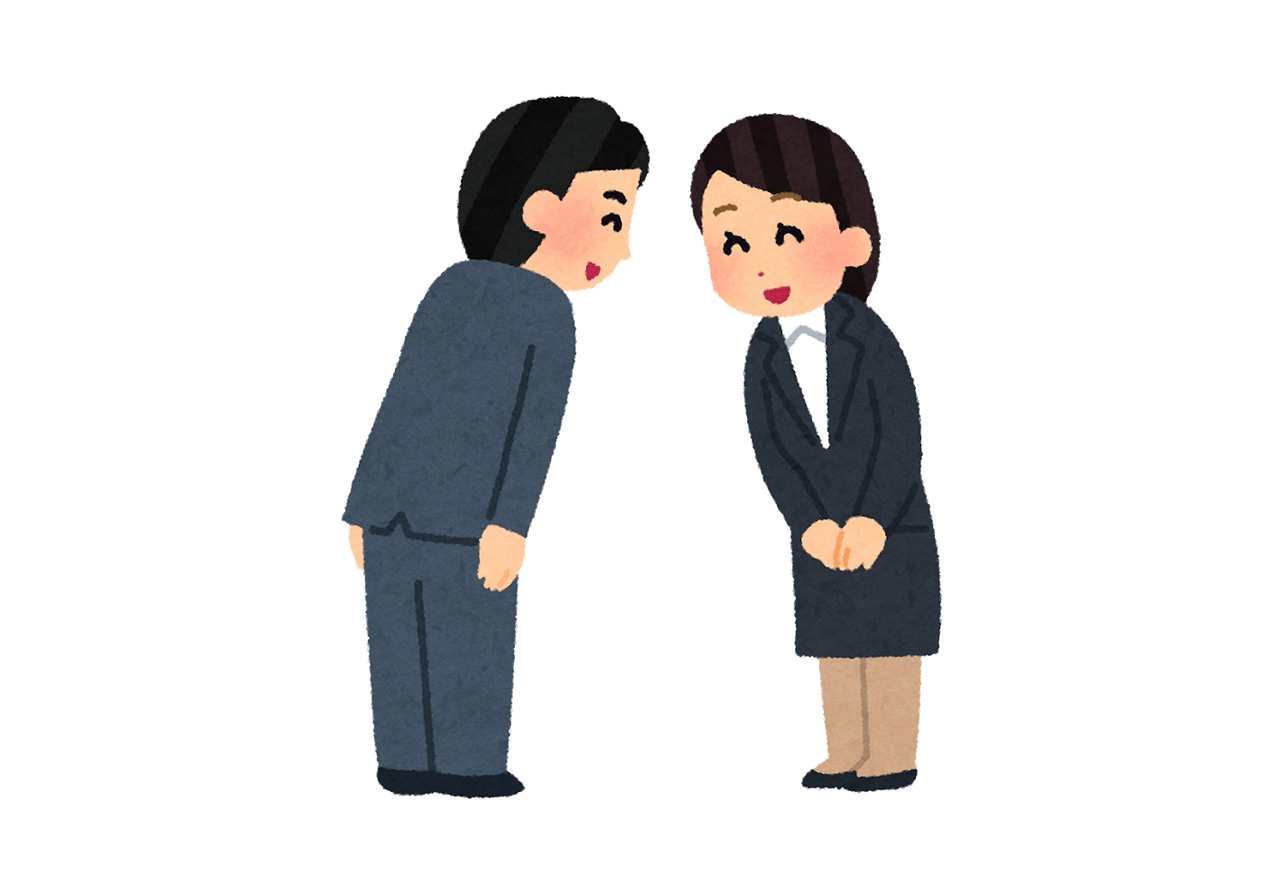



Otsukaresama Learn Japanese The Magical Phrase For Everything



3




Stop Using Sayonara Your Hurting People S Feelings




Japanese 101 Useful Phrases Tips And Language Hacks Osaka Ajet
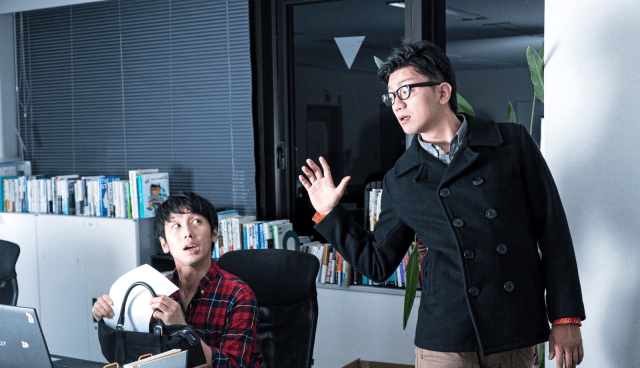



Is This Common Japanese Phrase For Goodbye The Reason For Japan S Crazy Overtime Hours Soranews24 Japan News



3
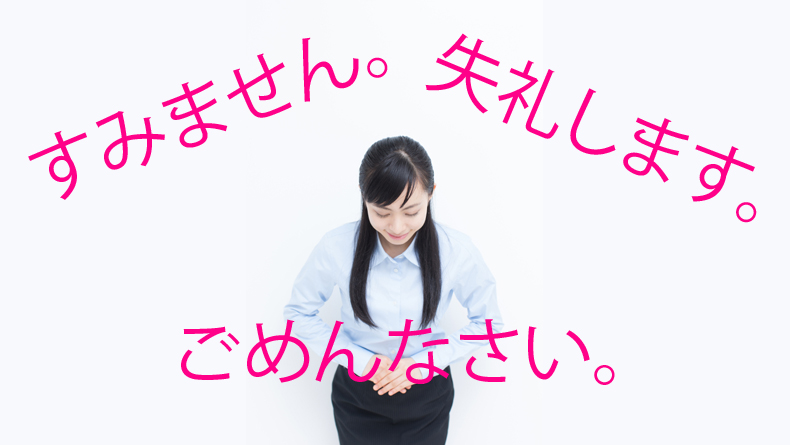



Easy Japanese For Apologizing Savvy Tokyo




Polite And Useful Japanese Business Phrases Plaza Homes




Learn The Common Japanese Phrase Shitsurei Shimasu しつれいします
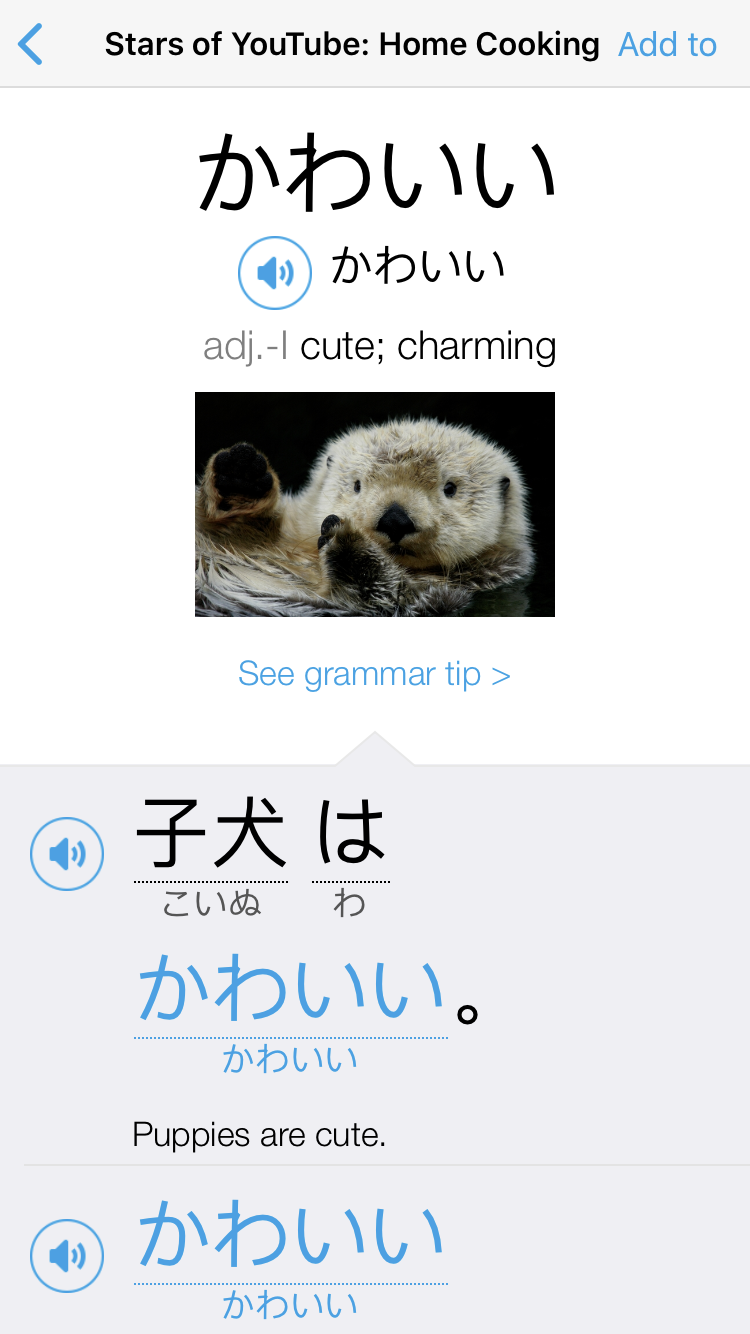



10 Useful Ways To Say Goodbye In Japanese Fluentu Japanese




Ohaygozaimasu Ohay Good Morning Ohay Is Informal Casual




Japanese Business Phrases At Work お先に失礼します Osaki Ni Shitsureishimasu Coto Japanese Academy



Introductions Japanese Teaching Ideas




Learn The Common Japanese Phrase Shitsurei Shimasu しつれいします




Otsukaresama Learn Japanese The Magical Phrase For Everything




10 Useful Ways To Say Goodbye In Japanese Fluentu Japanese




How To Say Good Morning In Japanese 9 Other Greetings




Nihongo Term Of The Day Ep 2 Osaki Ni Shitsureishimasu お先に失礼します Youtube



0 件のコメント:
コメントを投稿